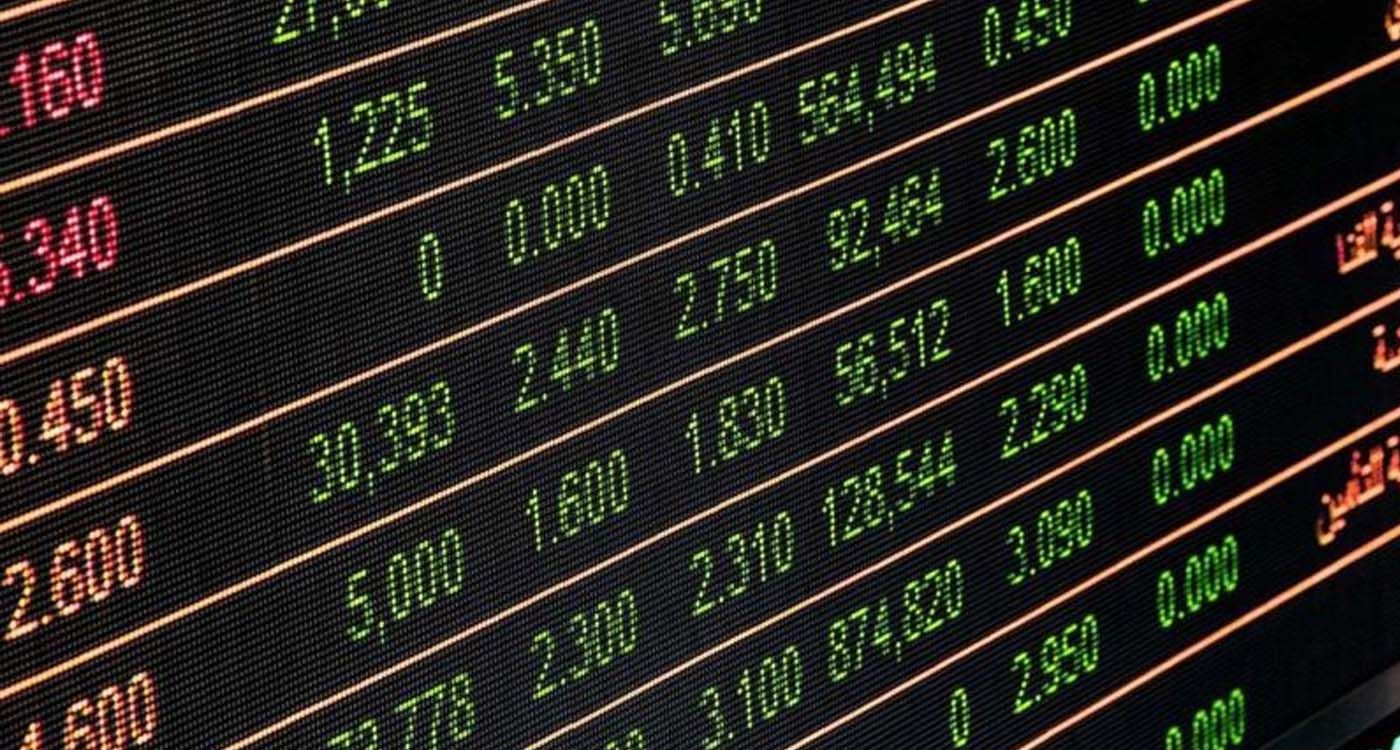
Financial markets reacted positively to Donald Trump’s re-election as President of the United States, signaling optimism and expectations of post-election recovery. Markets saw a strong rise on Wednesday following the announcement of the Republican victory in the White House.
Global markets responded enthusiastically to Donald Trump’s victory as President of the United States. The US 10-year Treasury yield spiked above 4.4%, climbing 15 basis points overnight, while Wall Street opened with strong gains after the Republican win. Dow Jones futures surged 1,100 points pre-market, and Bitcoin broke past the $75,000 mark, fueled by hopes of regulatory easing. During his campaign, Trump pledged to make the US “the global capital of Bitcoin and cryptocurrencies.” Similarly, Tesla shares—backed by Trump supporter Elon Musk—jumped 15% in pre-market trading.
The dollar soared on Wednesday morning, posting its strongest single-day gain since March 2020. It rose 1.62% against the yen to 154.07 yen per dollar and strengthened 1.76% against the euro, reaching 0.9309 euro per dollar.
However, oil prices dropped on Wednesday due to the sharp rise in the dollar. Brent crude for January delivery fell 1.10% to $74.70 per barrel, while West Texas Intermediate (WTI) for December delivery dropped 1.07% to $71.22 per barrel. The dollar’s rise typically reduces oil demand, as oil is traded in dollars on global markets.
Surge in Japanese and European Markets
In Tokyo, around 03:50 GMT, the benchmark Nikkei index surged 3.09% to 39,664.53 points, while the broader Topix index rose 2.13% to 2,720.89 points. This jump was driven by the sharp depreciation of the yen against the dollar, making Japanese stocks more attractive to investors.
However, Chinese markets remained cautious. By 04:15 GMT, the Shanghai Composite had gained 0.16%, reaching 3,392.36 points, while the Shenzhen index rose 0.57% to 2,059.45 points. In contrast, the Hang Seng index in Hong Kong dropped 2.61% to 20,459.26 points.
European markets also saw significant gains, with the Stoxx 600 index climbing about 1.8% and the CAC 40 opening sharply higher in Paris, up over 2%. The German DAX index also experienced a notable rise.
Future Hypotheses Based on Trends
Economists and investors largely agree that Donald Trump is likely to introduce new tariffs, cut taxes and deregulate the economy, which would drive up bond yields and, in turn, strengthen the dollar. Similarly to 2016, Trump’s return could bring expansionary fiscal policies, including tax cuts and measures to encourage business growth. This could boost stock markets, especially in the United States.
Donald Trump may also aim to boost domestic energy production, which would benefit the oil and gas sectors. Deregulating industries could also be well-received by financial markets, especially for large corporations.
Regarding the global economy, experts view the return of the protectionist billionaire to the White House as a potential threat, with risks to global trade, inflation and growth. It’s important to remember that during his first term (2017-2021), Trump implemented higher tariffs. During his campaign, he also promised to impose a 60% import tax on Chinese goods and a 10% increase on other products.
Donald Trump's policies could also trigger a new wave of inflation, with the Peterson Institute (PIIE) estimating an additional 2% inflation for China in an optimistic scenario.
Additionally, the prospect of escalating trade tensions with China, the European Union or other countries could lead to increased volatility in global financial markets, worrying investors.
Finally, Trump's approach to international relations could affect perceptions of political stability in the United States, potentially causing divisions in markets regarding long-term confidence.




Comments